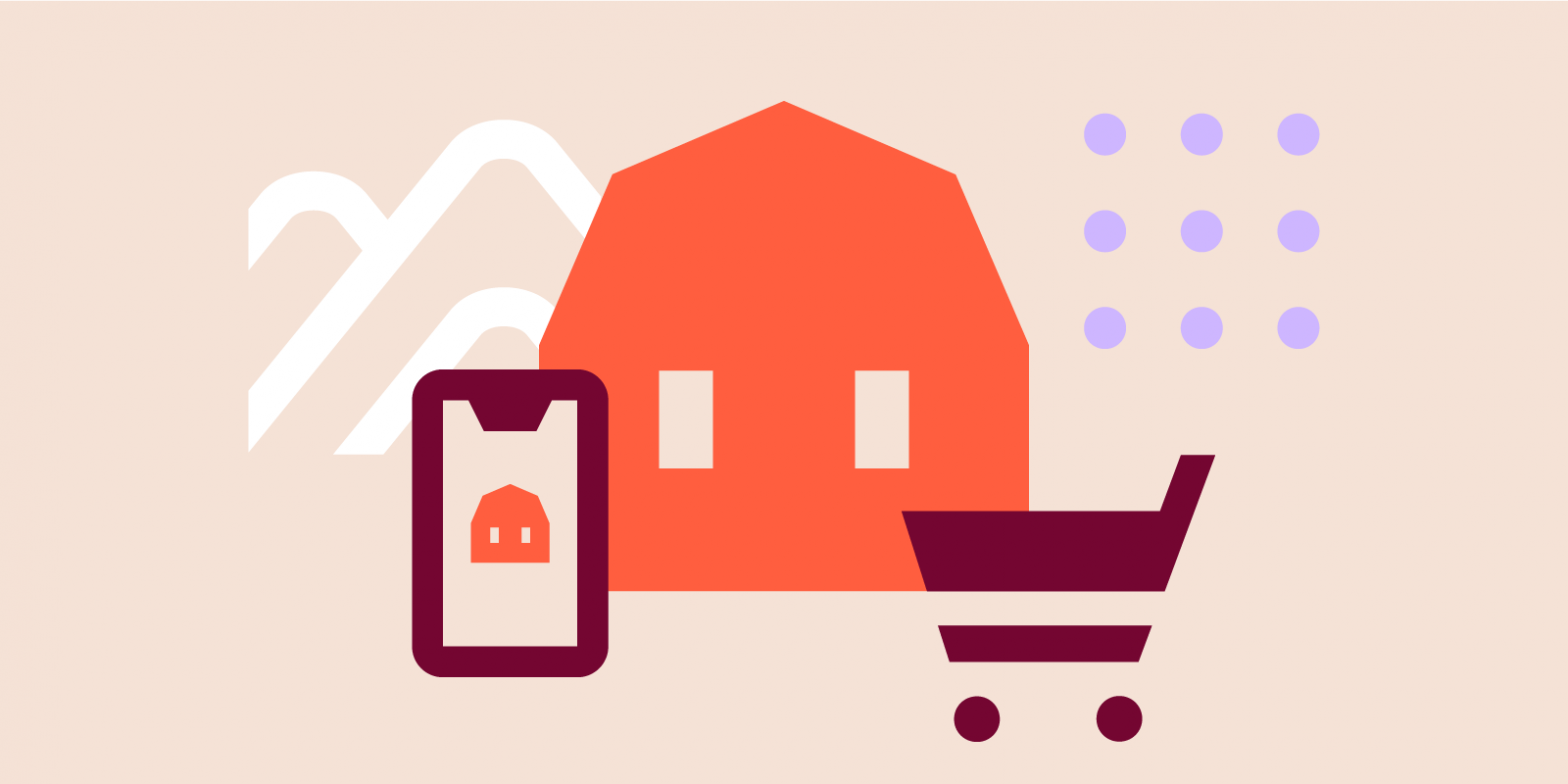For some homeowners, thinking about all the steps of selling a house can seem a little overwhelming. Some would even prefer to just push a button and skip them all. Well, technology has answered the call. For home sellers looking for an easy, speedy sale, iBuyer could be the right option. Here’s what iBuyer is, and how you can sell a home online.
What is an iBuyer?
The term iBuyer describes a company that buys homes for all-cash online. The company then sells the house. They use highly technical data crunching, like automated valuation models, or AVMs, to determine things like a home’s worth, the asking price, and potential profit.
The iBuyer model is a relatively new entry into the residential real estate market, and it isn’t yet available in all cities. There are no guarantees a homeowner will net more than they could have on the open market, and some iBuyer companies charge fees, similar to a broker. iBuyer firms often pride themselves on their accurate data analysis for pricing markets and offering a positive outcome for all parties.
Is selling a home online to an iBuyer is right for you?
Here’s how to decide
-
Understand the iBuyer process.
Here’s how selling a home online to an iBuyer works:
- The homeowner contacts the iBuyer company and requests an offer.
- The iBuyer sends an offer.
- The homeowner can agree to the offer, or not.
- If the price looks good, the iBuyer will send someone to inspect the home. They might ask for some changes.
- Both parties agree to a final offer, which includes all taxes and closing costs.
- The seller sets closing at their convenience, usually within 90 days.
The process may differ slightly among firms. Zillow Offers, for example, includes a custom market analysis provided by a local real estate agent. What’s the same for everyone with an iBuyer business model is the second step: the offer. By crunching data, iBuyers take the guesswork out of the market value of a home in a way that makes sense for both themselves and the seller.
-
Learn the iBuyer benefits.
The iBuyer process has plenty of benefits:
- It removes a potentially unpredictable buyer from the process.
- There are no open houses to schedule, and no need to stage the home.
- You’ll save on the costs of selling a home, like agent commissions, repairs, upgrades, and staging.
- You don’t have to negotiate with a buyer, and you don’t have to worry about them getting cold feet and having to return your house to the market.
- Sellers get to pick their closing date, and there are no delayed closings or waiting on mortgage approval.
- Speed. The iBuyer process from phone call to close can take less than three months (and often, less).
Because of all these perks, sellers with an eye toward speed and ease might opt to sell a house online to an iBuyer. A family moving out quickly for work or selling a rental home, who needs to sell quickly or wants an easy way to recoup their investment, might be ideal for an iBuyer sale.
-
Consider iBuyer drawbacks.
The iBuyer process isn’t for everyone. A homeowner could earn more for a home that’s listed on the market with a real estate agent. If the right buyer comes along with an emotional attachment to your home, they may be willing to pay more than data would lead an iBuyer to offer.
Not all iBuyer programs are above-board. You’ll need to do some due diligence to make sure an iBuyer you’re considering is well-funded, has accurate data for your market. A trusted name (like Zillow Offers, of course) is a must for ensuring you’re getting the best deal possible for your home.
Finally, not all iBuyers operate in all areas. New York City, for example, is a notoriously difficult market to break into for any real estate service. A small town with only a few thousand residents may also not be serviced by iBuyer companies quite yet.
Considering going the traditional route? Next up, learn all about the required seller disclosures.



